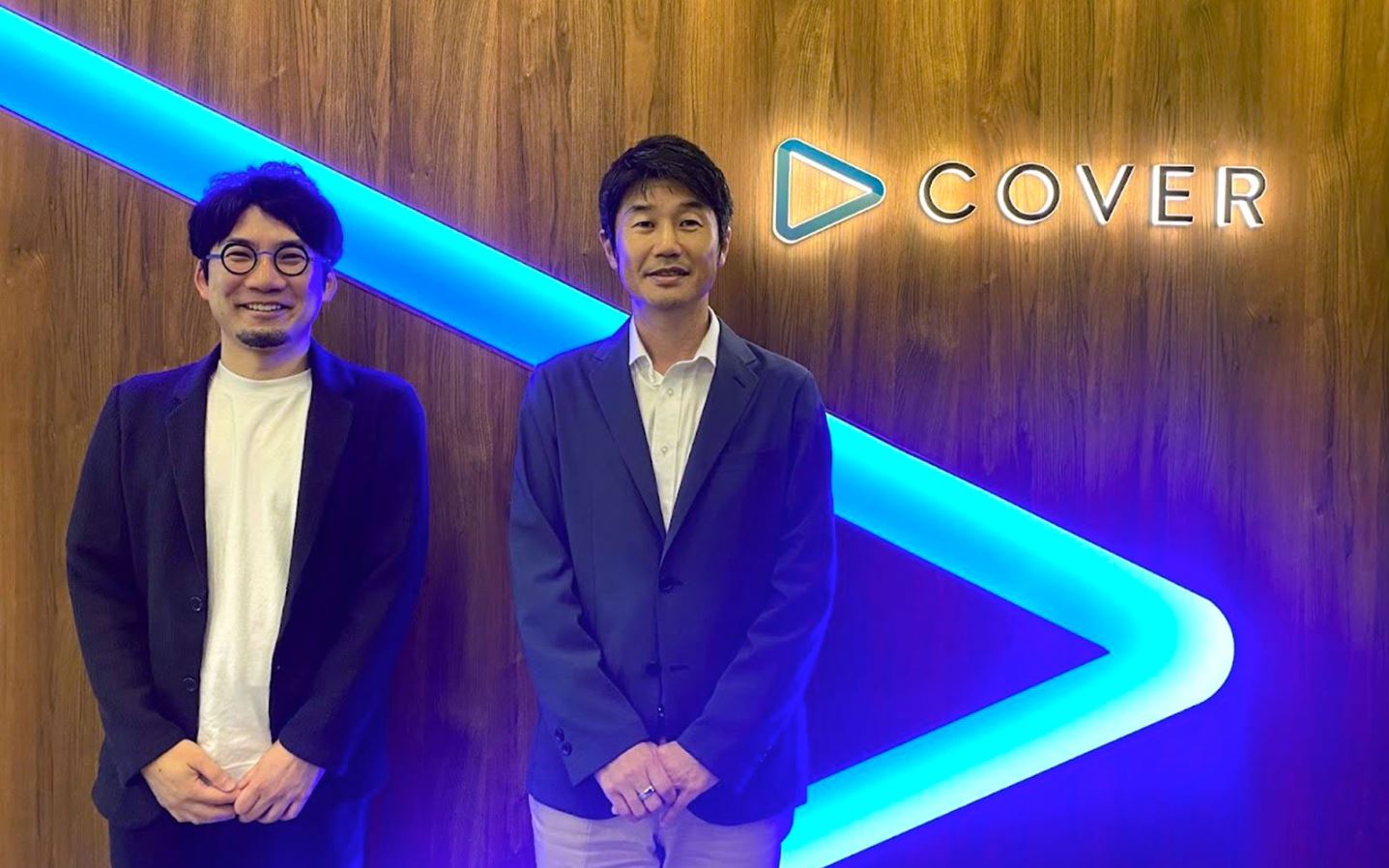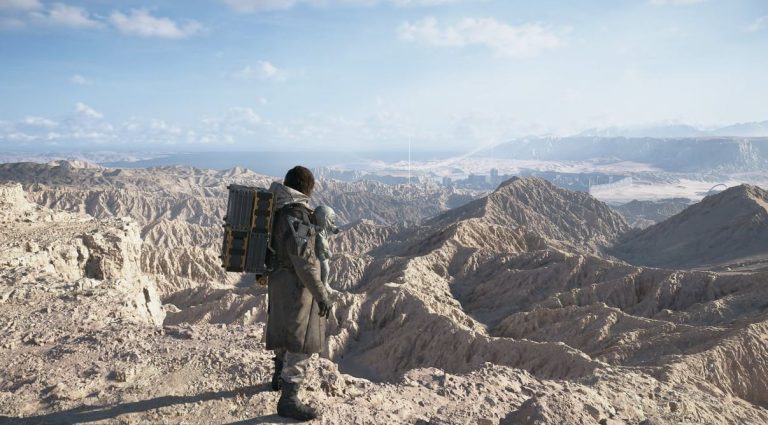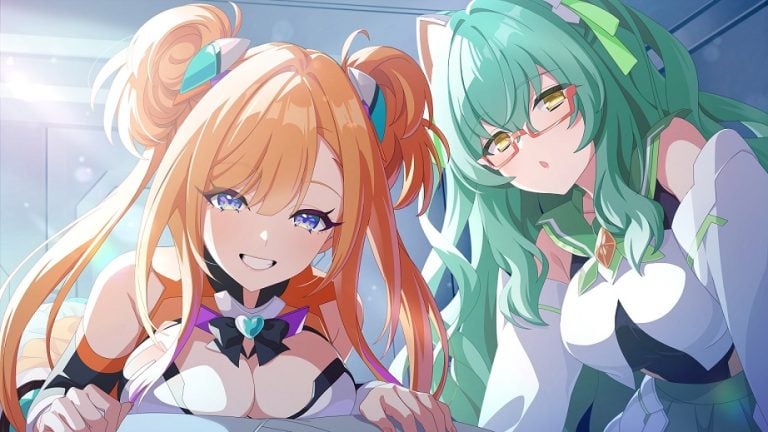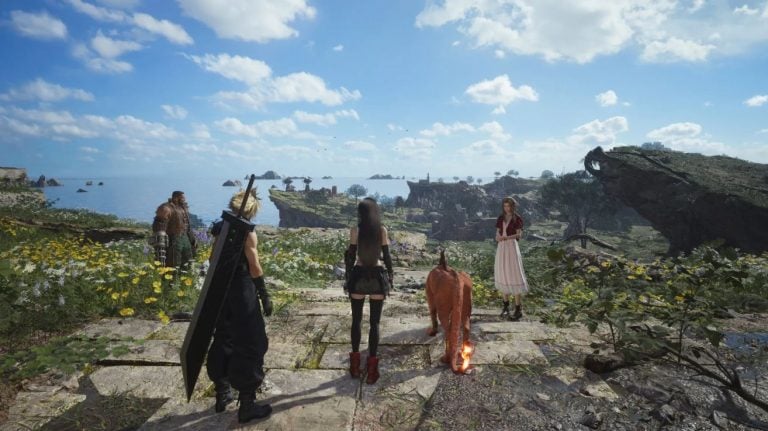While COVER Corporation is now best known for its VTuber agency hololive production – home to famous streamers like Usada Pekora, it wasn’t originally a virtual entertainment agency, but a VR startup run by a two-man team. AUTOMATON recently sat down with CEO Motoaki Tanigo (known as YAGOO) to trace the origins of COVER, which was and remains surprisingly closely tied to the game industry through its indie game publishing label and other initiatives.
“We didn’t start as a VR game company,” YAGOO says. “It’s an important difference. We were a startup that wanted to use VR technology to create Internet-based services.”
Back in 2017, COVER’s goal was to build a social platform where people could connect through casual VR games, something YAGOO likens to a “VR version of Mobage” (Mobage being a major Japanese social network centered around mobile gaming). One of the first prototypes was Ping Pong League, a VR table tennis game that YAGOO and current CTO Ikko Fukuda created on their own. “Fukuda developed most of it,” YAGOO comments, admitting to practically being a novice when it game to game development at the time.
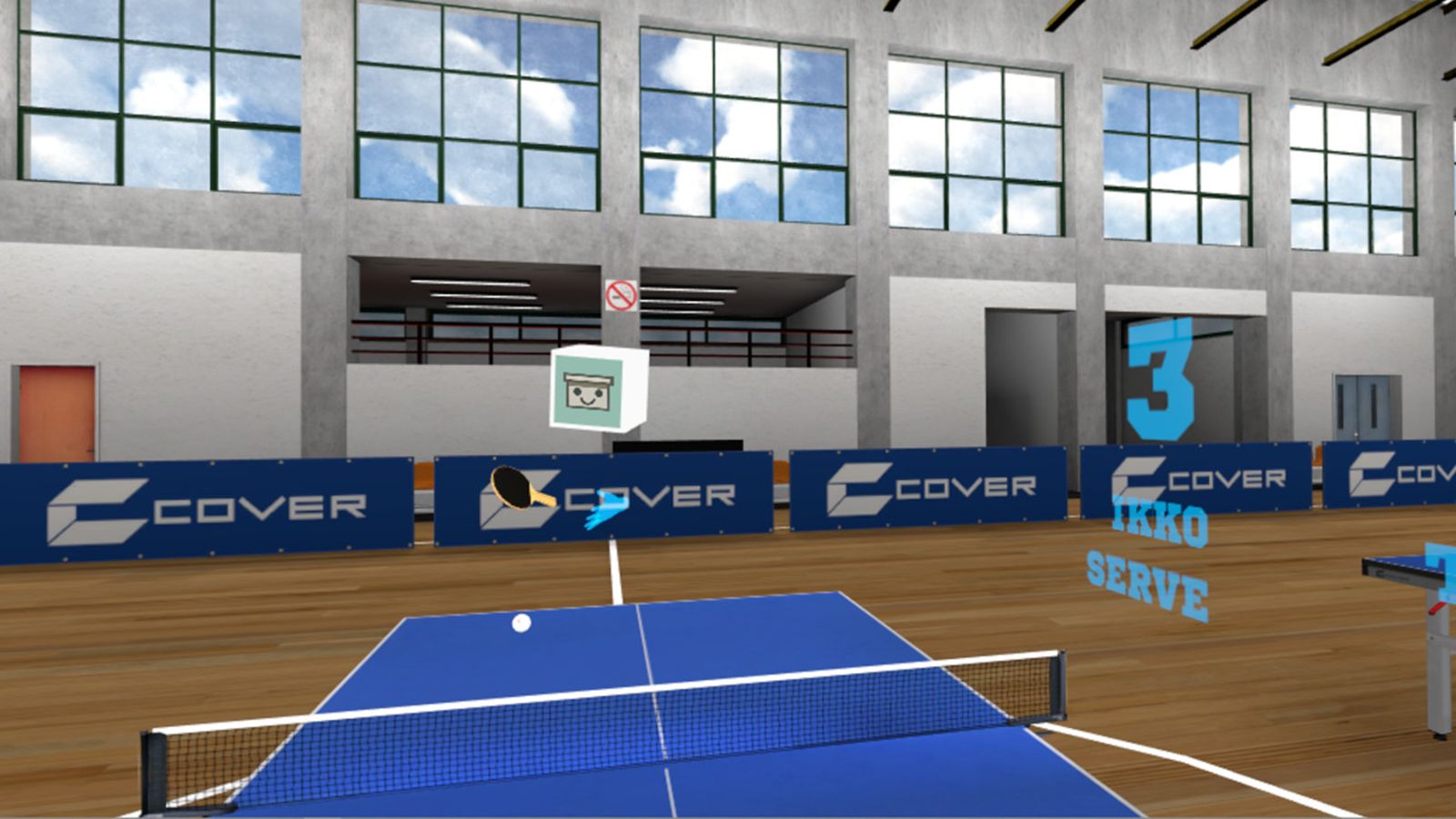
However, the duo quickly realized they couldn’t compete with the established Western VR market. “We initially planned to make other games, but we realized we were on the wrong path,” YAGOO admits. Instead, they began to think about how to promote VR content in a new way, which led them to the idea of using characters, particularly characters who could play and react to games in real time.
The concept of using animated characters to connect technology and community became the basis for what grew into hololive production. The company’s streaming app and first VTuber, Tokino Sora, were created as part of this early effort. Although it started out as a parallel side-gig to COVER’s VR game project, “the talent business expanded from app development, and it soon became our main focus,” YAGOO explains.
In 2018, the company launched hololive Gamers, a sub-unit dedicated to game streaming and collaborations. “Game streams, karaoke, and chatting are the three pillars of VTuber content,” says YAGOO. Among them, gaming provided the most stable audience base.
However, not all hololive members were confident gamers at the time, and many struggled to find partners to collab with. “We wanted to increase the number of talents who were skilled at gameplay streams and create more opportunities for collaboration within hololive,” YAGOO explains. “VTubers are, in a way, a real-time anime experience. In anime, the story is created through dialogue between the characters.” Rather than scripting those stories, YAGOO’s approach was to simply “set the stage” and let things happen.
After focusing on its VTuber/talent business for several years, COVER returned to game development in 2022 with hololive ERROR, a multimedia horror project that began as a twist on hololive’s usual summer events. Today, the company’s gaming ventures range from cross-promotional titles to original releases and indie collaborations. Its holo indie program, in particular, supports small developers, reflecting COVER’s belief in growing the game ecosystem together. “We don’t develop games entirely in-house,” YAGOO says. “We collaborate with creators and studios because we’re in the position of playing and streaming their games ourselves. We want to expand the market together with others.”
Stay tuned for the next part of this interview, where we talk to YAGOO in-depth about COVER’s indie publishing label.
[Interviewer, writer: Kousaku Akano]
[Editor: Sayoko Narita]
© COVER

